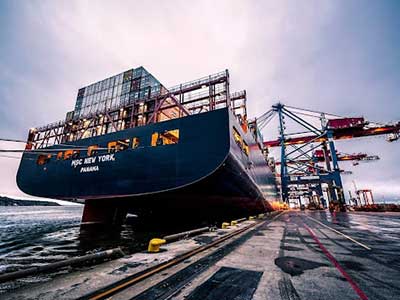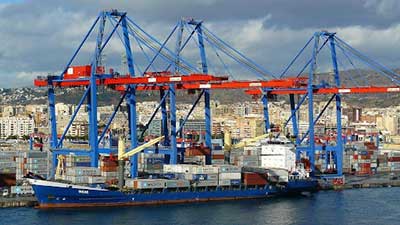 On May 28, 2025, the U.S. Court of International Trade delivered a landmark ruling, striking down former President Donald Trump’s sweeping “Liberation Day” tariffs.
On May 28, 2025, the U.S. Court of International Trade delivered a landmark ruling, striking down former President Donald Trump’s sweeping “Liberation Day” tariffs.
The court found that these tariffs, imposed under the International Emergency Economic Powers Act (IEEPA), exceeded presidential authority and were therefore illegal.
The Court’s Decision
 The IEEPA was enacted for extreme or dire situations, such as warfare or if a country was acting in a way that would be existentially threatening to the point that tariffs or other actions would be necessary for survival.
The IEEPA was enacted for extreme or dire situations, such as warfare or if a country was acting in a way that would be existentially threatening to the point that tariffs or other actions would be necessary for survival.
The court unanimously held that the economic conditions cited by the Trump administration—such as trade deficits and reliance on foreign manufacturing—did not constitute the “unusual and extraordinary threats” required to invoke emergency powers under IEEPA. As a result, it was found that the tariffs lacked a legal foundation, and the court issued a permanent injunction against their enforcement, ordering U.S. Customs and Border Protection to cease collection of duties imposed under the challenged executive order.
Market Reactions
 The ruling has significant implications for international trade, particularly for countries like Canada, Mexico, and China, which were heavily affected by the tariffs.
The ruling has significant implications for international trade, particularly for countries like Canada, Mexico, and China, which were heavily affected by the tariffs.
However, the court’s decision does not affect all tariffs imposed during the Trump administration. Tariffs enacted under other statutes, such as Section 232 of the Trade Expansion Act of 1962 (used for national security justifications on steel and aluminum) and Section 301 of the Trade Act of 1974 (targeting unfair trade practices), remain in effect.
Financial markets responded positively to the ruling. U.S. stocks rose significantly, with the S&P 500 increasing by 0.8%, the Nasdaq Composite surging 1.5%, and the Dow Jones gaining 78 points. The decision alleviated investor concerns about ongoing trade volatility and was seen as a step toward more predictable trade policies.
Trump’s Response
While the ruling invalidates the “Liberation Day” tariffs, the Trump administration has signaled its intention to appeal the decision. Additionally, there is potential for the administration to explore other legal avenues to impose tariffs, such as using different statutory authorities that grant the executive branch more leeway in trade matters. It may be that this just forces Trump to do more targeted tariffs; we will be paying close attention to his response.
What This Means for Importers
 For companies that once hesitated to source from China or other foreign markets due to steep import duties — this ruling is a green light to order now.
For companies that once hesitated to source from China or other foreign markets due to steep import duties — this ruling is a green light to order now.
This is a massive cost-saving breakthrough for businesses that depend on overseas manufacturing. With the cost of goods low because of the effects of the tariffs, there will be a small window where you can expect better pricing for your products.
The reversal of these tariffs opens a new chapter for American businesses sourcing from overseas. Let Global Trade Specialists help you take advantage of this opportunity with smart, efficient, and cost-effective sourcing from China.
Contact Us to get your order started today!
